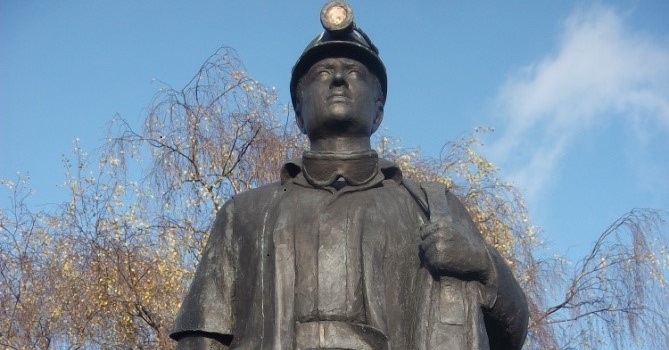The 1984 miner’s strike was a form of natural disaster. It causes were largely organic, its immediate effects were uncontrollable and the fallout left a trail of devastation.
Much has been written on the subject from those within the industry and outside it. Social commentaries and debates by Politicians and Historians abound marking its place, quite rightly, in the chequered Social, Industrial and Political history of Britain. In the Universities it’s a ripe topic for dissertations and many a thesis, and at grass roots level there have been many accounts from those who lived through it. I am one of them.
At the time I was 24 and not long married to a miner. My father was a miner, as was his before him and my in laws were part of an extended family of miners. I was born, raised and lived in a mining community in Nottinghamshire where it was virtually impossible to walk five miles in any direction from any point on the county map and not find yourself in another pit yard. The whole world and his uncle were miners, with a long history of miners behind them. I, like all of them had coal dust in my veins and as proud as I was, and still am of the fact, because Heritage is important, I was probably in a minority who didn’t think it was entirely a good thing.

